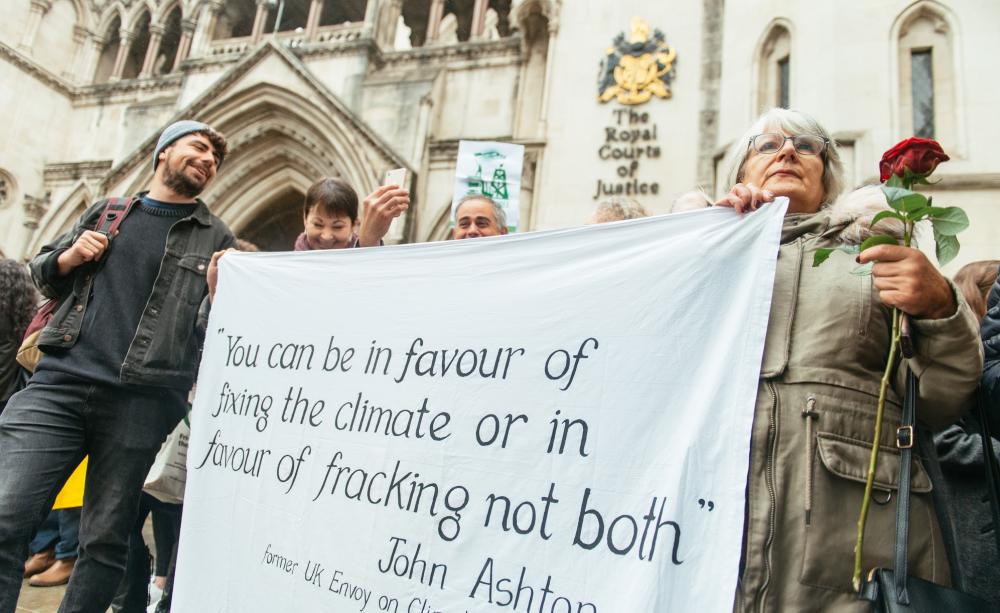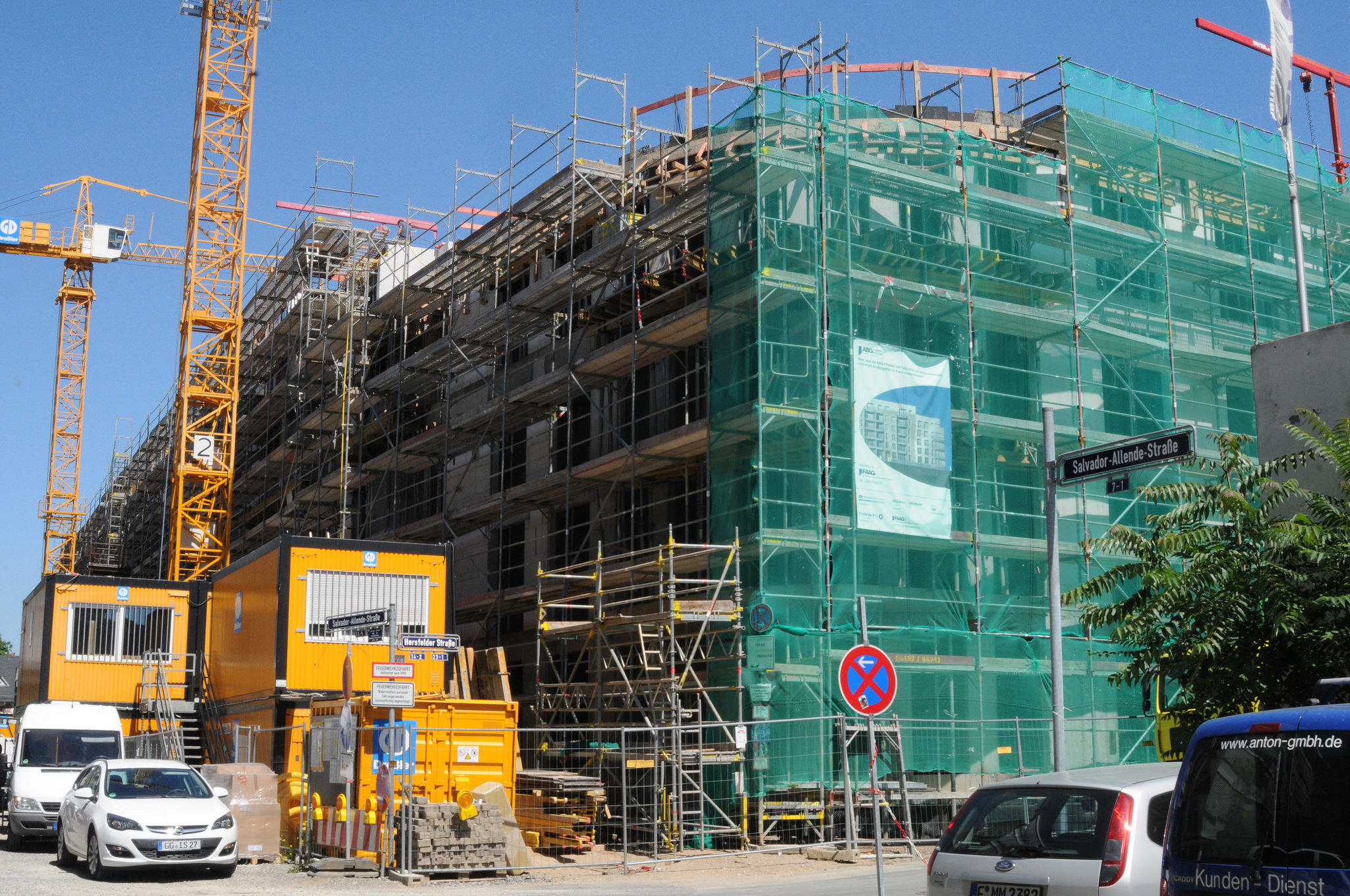
Last week showed that the full impacts of climate change are approaching us faster than thought before. The Intergovernmental Panel on Climate Change (IPCC) published its Special Report on Global Warming of 1.5 degrees sending a message that we need to act now, not tomorrow. The previous plan to curtail global temperature change to 2 degrees is too risky, and the IPCC posits we need to aim at 1.5 degrees instead to reduce the impacts of climate change on ecosystems, human health and well-being.
This week, which is also the Green Great Britain week, I participated in the Annual Conference of Energy UK held in Westminster, London. I was invited to a panel discussing the “10th Anniversary of the Climate Change Act – celebrating successes and preparing for the future”, alongside Chris Stark, Chief Executive of the Committee on Climate Change, Tony Juniper, Executive Director for Advocacy and Campaigns at WWF UK, Jillian Ambrose, Energy Editor of the Telegraph, and Shirley Rodrigues, the Deputy Mayor of London. The conference was well attended by diverse energy industry actors, and the discussions addressed the future of energy generation, the Electricity Market Reform, the power of data and democracy and the needs of customers.

The UK Climate Change Act
The Climate Change Act has been – and still is – a visionary policy that is extremely important for the directionality that is needed in energy systems change, as well change in other associated sectors such as housing and mobility. This is because companies need policy developments they can foresee and anticipate in order to invest and innovate in green solutions meeting future policy requirements. The binding framework of the Climate Change Act, reaching over electoral cycles, is a crucial enabler of this kind of directionality for innovation.
However, we need more than technological change to transition away from a high-carbon energy system. We also need changes in institutions, practices and culture. The Climate Change Act, coupled with the Committee on Climate Change as an independent statutory advisor, has been an important institutional innovation to drive transition to a low-carbon economy.
Especially in its early years, the Climate Change Act resulted in a lot of momentum for change in businesses and communities. For example, regarding low energy homes, we have seen business innovation in terms of new cooperatives emerging, established construction companies piloting sustainable construction and new energy services being set up. In turn, cities and communities have seen the emergence of informal networks and the spread of learning on zero carbon new build, whole house retrofits and community energy. These changes were further supported by zero carbon homes and retrofit policies until 2015.
Losing momentum
To maximise impact the Climate Change Act needs to be coupled with a mix of both cross-sectoral and sector-focused policies addressing heat, buildings, mobility and industry to create new markets for low and zero carbon solutions. The latest progress report of the Climate Change Committee highlighted the success in decarbonising the UK’s power sector, but also noted the lack of similar efforts in housing and mobility. The significant policy cuts in 2015 concerning renewable energy and low energy homes have reduced many companies’ incentives to invest in green energy solutions and slowed down market creation for energy efficiency. We lost a bit more of the momentum that existed 8-10 years ago. Even before this, rapid policy changes and complex policy mixes have caused uncertainty for a range of actors.
Partly similar points as those above were raised by the keynote speakers in the conference. Paul Massara from Electron said that industry and investors need clear signals of the direction of travel – some already provided by the Clean Growth Strategy and the phase-out plans. Rachel Reeves MP, the Chair of the BEIS Select Committee stated that constructing large scale energy infrastructure requires much greater policy stability from the government than we have seen so far.
The UK low-carbon energy transition: challenges and opportunities
There are several conclusions that can be drawn from this event. The UK energy industry has progressed well in decarbonisation so far but also acknowledges the challenge ahead; calling the UK government for consistent policies regarding the direction of energy system change.

So what are the things that could be improved, in terms of policy? I suggest the following:
- A comprehensive policy framework and a mix of instruments to support change in sectors causing high carbon emissions, i.e. housing and mobility. A well-managed policy mix can create new low-carbon markets and incentives for customer-side efficiency.
- We need to better exploit synergies in tackling the policy goals for decarbonisation, reduction of fuel poverty and improving energy security. Energy efficiency has often been neglected as a solution contributing to all three.
- We need to remove policy barriers that slow down low carbon innovation, when policies have not been coordinated across energy supply, use, housing, mobility and so on. For example, established rules for taxation, grid connection and permit procedures may not easily allow the setting up of novel energy or mobility services, creating barriers for their introduction or broader uptake.
- New collaboration across sectoral boundaries both in industry and administration is a necessity. For example, the delivery of novel mobility and energy services will create future market opportunities but will require supportive policies and the removal of barriers.
- Support for energy intermediaries that create new connections between actors benefiting from innovations and their uptake is also highly important. Such actors can provide impartial and trusted knowledge to different actors, coordinate fragmented supply chains when needed, and promote the uptake of government programmes.
There is also cause for optimism in many areas. The opportunities digital innovation enables for the decentralisation of the power and heat sectors, and the increasingly low cost of wind and solar-powered generation supporting such changes, are good examples. However, these changes also bring forward new questions about how customers can benefit from the ongoing energy transition and about democracy related to data. Both the Big Six and the new entrants have important roles to play in the low carbon energy transition – and at least those at the Energy UK Annual Conference seemed to be largely in consensus on where we are heading.
Paula Kivimaa is a Senior Research Fellow in the Science Policy Research Unit (SPRU) and the Sussex Energy Group. She is also a Senior Researcher in the Finnish Environment Institute (SYKE).
Follow Sussex Energy Group











